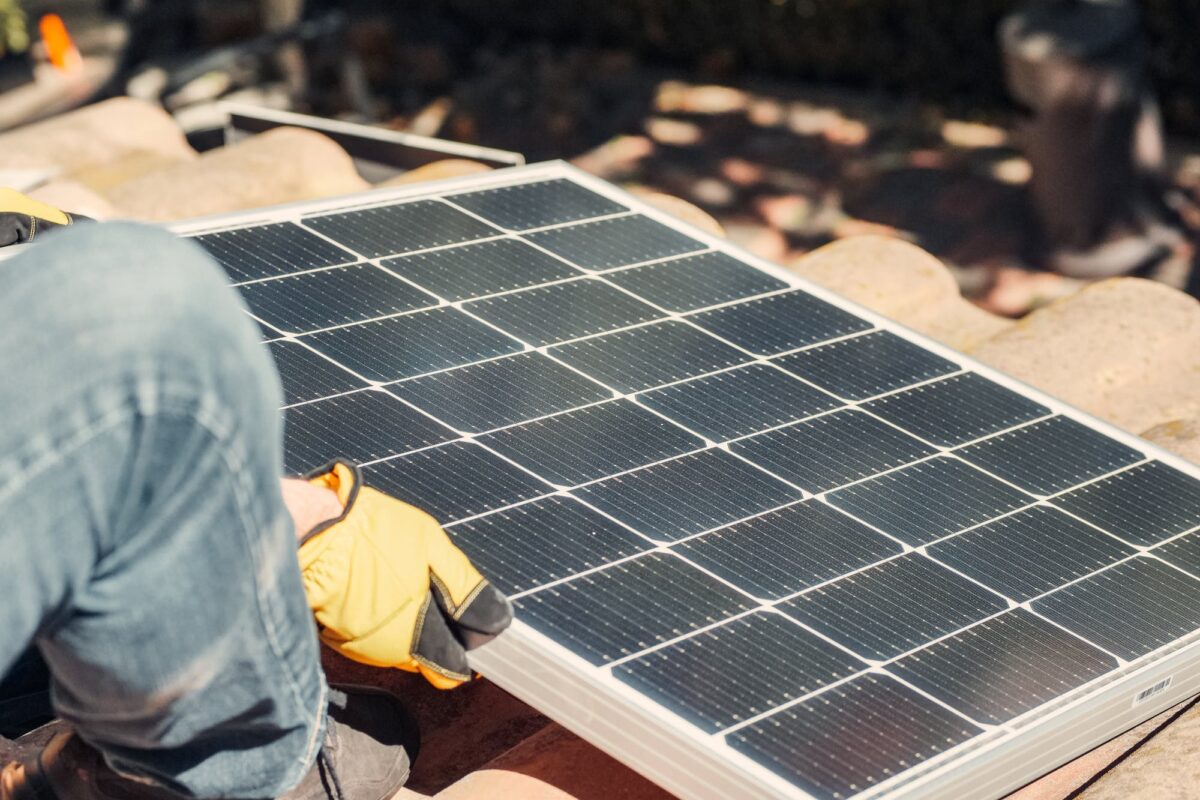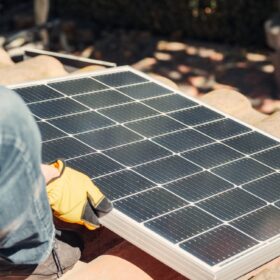The Long-Duration Energy Storage (LDES) was launched at the COP26 summit. The council said it plans to guide governments and grid operators on how LDES technologies will support decarbonization of the grid as the lowest-cost option to society.
Between 85 and 140 terawatt-hours of LDES deployment will be required to achieve a net-zero grid by 2040, according to the council’s upcoming November 23rd report. The council also estimates a need of 1 TWh of LDES deployment by 2025 to pace for decarbonization by 2040, as well.
The LDES Council comprises 24 tech companies, users, and investors. Long-duration iron flow battery maker ESS Tech, Inc. CEO Eric Dressselhuys entered the council as a founding member.
These deployment projections would entail a $1.5 to $3 trillion investment. The council said renewable energy stored in these technologies could eliminate 1.5 to 2.3 Gigatons of carbon dioxide emissions, or about 10-15% of global power emissions.
ESS is joined by members from Alfa Laval, BP, Breakthrough Energy Ventures, Form Energy, Highview Power, Siemens Energy, and others.
ESS batteries offer 4 to 12 hours of flexible energy storage for utility-scale and commercial applications. The battery chemistry employs earth-abundant materials like iron, salt, and water for the electrolyte.
This content is protected by copyright and may not be reused. If you want to cooperate with us and would like to reuse some of our content, please contact: editors@pv-magazine.com.









By submitting this form you agree to pv magazine using your data for the purposes of publishing your comment.
Your personal data will only be disclosed or otherwise transmitted to third parties for the purposes of spam filtering or if this is necessary for technical maintenance of the website. Any other transfer to third parties will not take place unless this is justified on the basis of applicable data protection regulations or if pv magazine is legally obliged to do so.
You may revoke this consent at any time with effect for the future, in which case your personal data will be deleted immediately. Otherwise, your data will be deleted if pv magazine has processed your request or the purpose of data storage is fulfilled.
Further information on data privacy can be found in our Data Protection Policy.